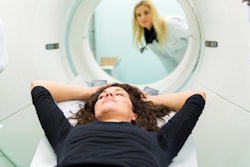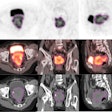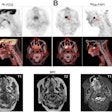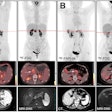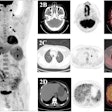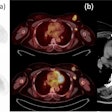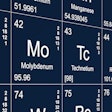
One in three adults wish they had known more about side effects before beginning their cancer treatment, according to the results of a new survey published online November 20 in the Journal of Oncology Practice.
The national survey, sponsored by the American Society for Radiation Oncology, included more than 400 U.S. adults, 90% of whom felt they made the right decision to go ahead with treatment, despite their desire for more information about potential adverse side effects.
Additional findings from the survey include:
- Patients wished they had known more about the most common side effects of radiation therapy, which include skin irritation, gastrointestinal symptoms, and fatigue. With chemotherapy, patients wanted more information on nerve damage, gastrointestinal symptoms, and fatigue. With surgery, patients wanted more information on pain, nerve damage, and numbness.
- On a scale from minimal (0) to severe (100) in rating side effects, the average rating from respondents was 45 for radiation therapy side effects, 47 for surgery side effects, and 63 for chemotherapy side effects.
- Roughly 20% of patients said they needed more information about possible side effects before they started cancer treatment (radiation therapy: 18%, surgery: 20%, chemotherapy: 26%).
- Patients were most frequently concerned about feeling tired (56%), feeling weak (50%), and skin burning (46%) prior to radiation therapy.
- A majority of patients (55%) consulted their primary care physician (PCP) about cancer treatment options, with 90% saying their PCP's advice was very important (64%) or somewhat important (29%) in their decision-making. One-fourth of all patients surveyed said their PCP was the only information source they consulted.
"An unfortunate reality of cancer treatment is that therapy also has side effects that can impact a patient's quality of life," said senior author Dr. Reshma Jagsi, professor of radiation oncology at the University of Michigan, in a statement. "Nearly all patients in the survey felt confident about their treatment decisions, but a sizable number also expressed a clear need for more information about potential side effects."
The perceived lack of pretreatment information correlated with the severity of treatment-related side effects. Patients who reported severe side effects were more likely to say they did not know enough about the potential adversities. More than a third of patients (38%) who reported having severe side effects from cancer treatment also said they felt uninformed, compared with 4% of those who reported having minimal side effects.
"More in-depth patient counseling on these side effects could help us better prepare our patients for changes to their quality of life," said lead author Dr. Narek Shaverdian, a radiation oncologist at Memorial Sloan Kettering Cancer Center, in a statement.




